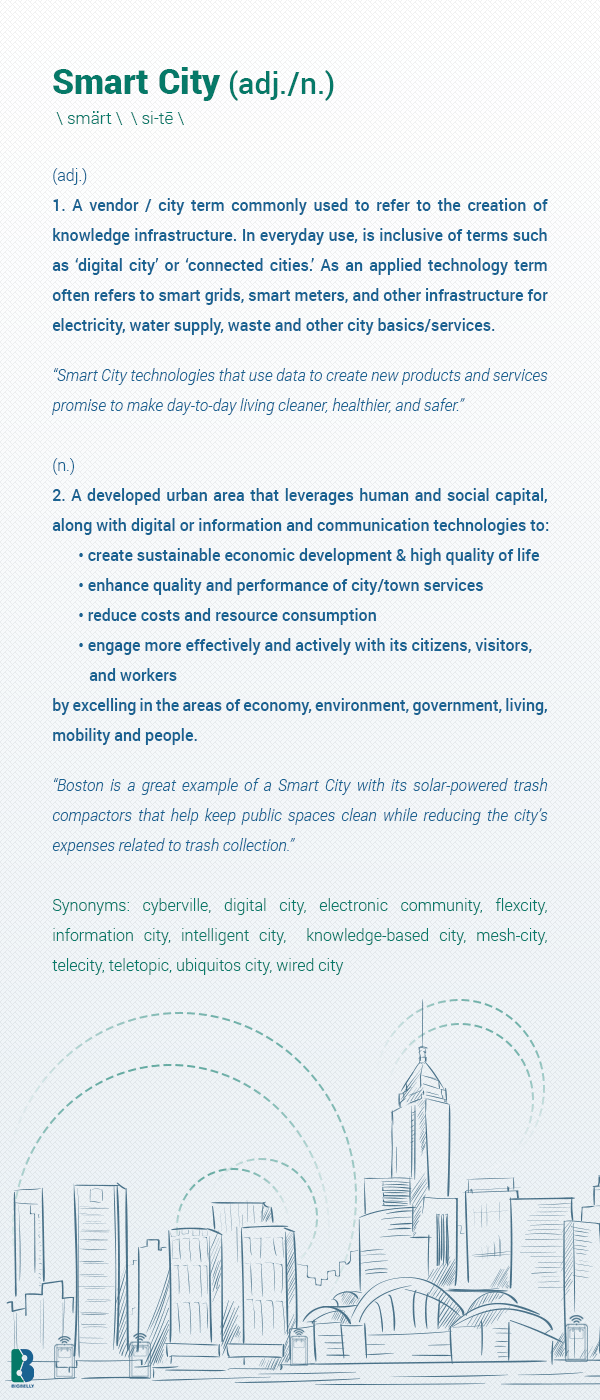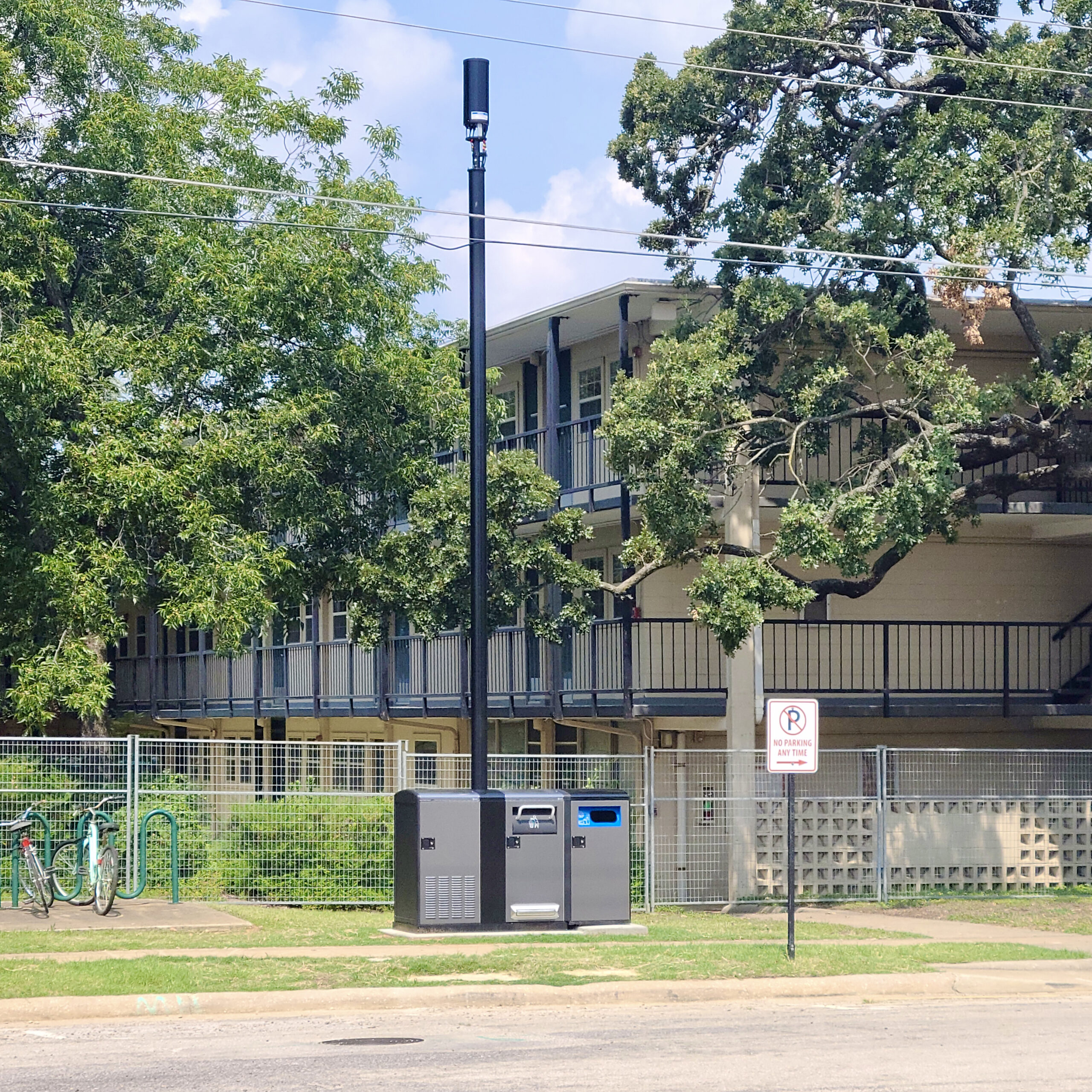Imagine a world where cities talk and share live updates on air and noise pollution, traffic patterns and parking availability, water quality, power and light availability. That sort of insight could dramatically improve the economic and environmental health of city residents, visitors, employees and businesses, and increase productivity and working conditions for those involved in city management and maintenance.

It is not a far-fetched concept. Existing and emerging technologies – wireless networks, web- and mobile-based applications, sensors – can reshape cities and towns and make Smart Cities a reality. Central to Smart Cities of today is the use of information technologies that make efficient use of physical infrastructures and physical assets through data analytics and artificial intelligence to support healthy economic, social, and cultural development.
Smart City technologies will allow citizens, city government and planners to learn, adapt, and innovate in ways that provide prompt response to changing situations. Human, collective and artificial intelligence will combine in ways that when supported by digital telecommunication networks, embedded intelligence, sensors and tags, and software make it easy for new products, services, and processes to be created that benefit the entire city continuum.



